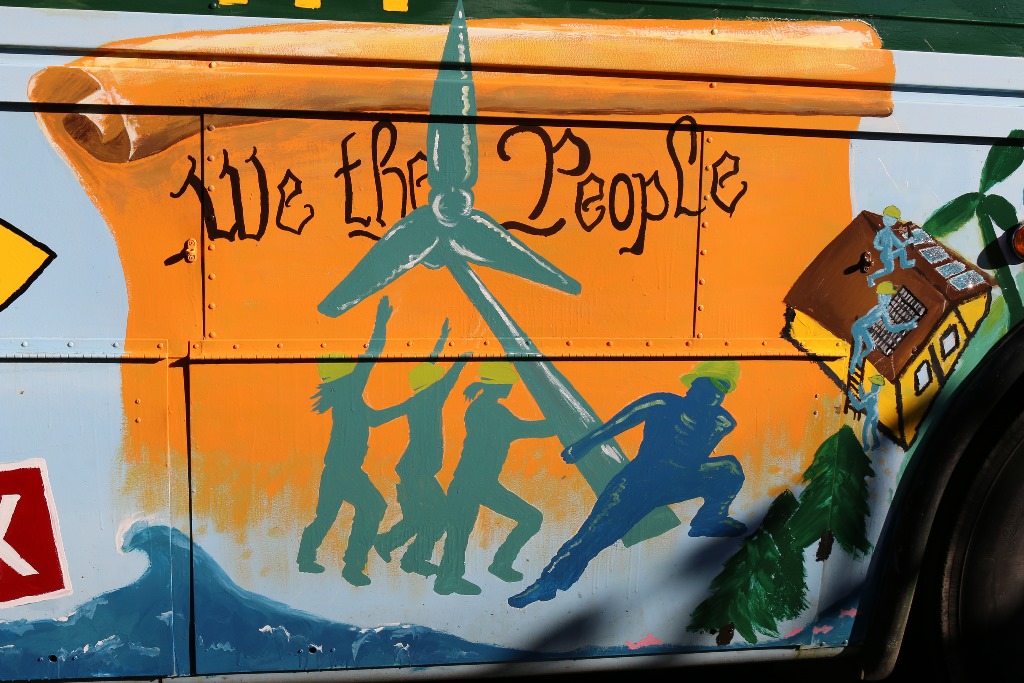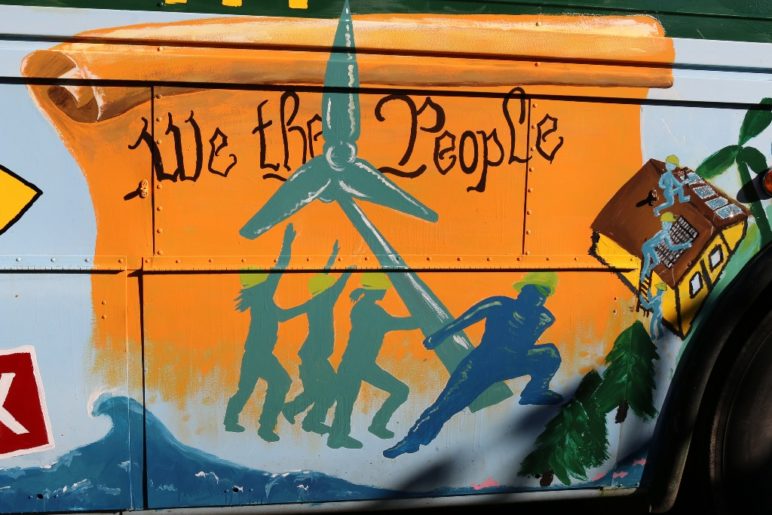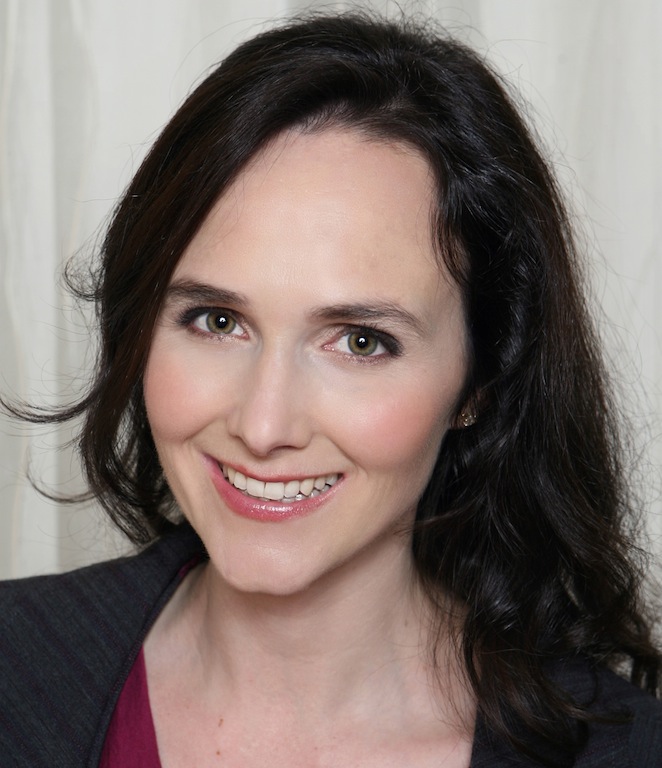Washingtonians are worried about climate change. Elected officials and advocates have tried to answer their call with statewide climate action. Governor Jay Inslee pushed for the Carbon Pollution Accountability Act that would have limited pollution and reinvested auction revenue in the state, but lawmakers shot it down. Grassroots activists put Initiative 732 on the ballot in 2016 to tax climate pollution and return the revenues to people and businesses, but voters said no. Environmental, labor, and racial justice groups came together to put Initiative 1631 on the ballot in 2018 to tax climate pollution and invest the revenues in clean energy projects; again, voters said no.
Could randomly selected Washingtonians from all walks of life come up with something better?
That’s what the Washington Climate Assembly is hoping to find out. By bringing together a group of regular people and asking them to help solve a tricky policy problem, citizens’ assemblies around the world have charted ways forward. The Washington Climate Assembly kicked off in January and will take these steps:
- Select 80 people who reflect the broader Washington population in terms of age, race and ethnicity, education, geography, and climate views. These are regular Washingtonians who aren’t influenced by lobbyists or special interests and, as a group, aren’t biased in any particular direction.
- Give them information about climate change and possible policy solutions, including access to experts.
- Get together for learning and discussions. Usually, assemblies would meet in person, but during the pandemic, Assembly participants will get to know each other online.
- Together, they will make recommendations to the State Legislature this month.
Citizens’ assemblies have a history of moving countries past seemingly intractable issues that daunted elected politicians. In Ireland, Citizens’ Assemblies transcended traditional Catholic constraints and recommended recognizing same-sex marriage and repealing a ban on abortion. The Assembly cut through the standard partisan rhetoric and helped move voters to enact the changes via referendum. In Belgium, some local governments are giving limited lawmaking authority to bodies of representative regular people rather than elected politicians.
Citizens’ assemblies hold potential for solving problems that have stumped elected lawmakers, like climate change. Last year, assemblies in both France and the United Kingdom went through a process and agreed on climate solutions, and a climate assembly is currently in process in Scotland. Several of the French citizens’ recommendations have already been implemented. The United Kingdom report may spur action.
Now, this process has come to Washington State. (Note that, in Washington, the Assembly is of Washington residents at least 16 years old, not strictly citizens.) Some Washington legislators hope that “ordinary Washingtonians, with their diversity of backgrounds and perspectives” could help break the deadlock on climate action. More lawmakers are endorsing the idea as they learn about it. Supportive legislators note that the Assembly members “will come into this proven process without preconceived ideas or biases on policy ideas. They will learn together, foster a community together and recommend policy ideas, together.”
The Climate Assembly, funded and initiated by People’s Voice on Climate, under the fiscal sponsorship of the Public Sphere Project, a 501(c)(3) organization, asks participants: “How can Washington State equitably design and implement climate mitigation strategies while strengthening communities disproportionately impacted by climate change across the State?”
From January 12 through February 6, the Assembly members participated in seven learning sessions in which scientists and policy experts were to provide background information about climate change, economic issues, technology, and politics. Members then had a chance to discuss, deliberate, and come up with recommendations. An oversight team monitored the sessions to ensure that the Assembly follows the rules. This diverse team includes three designees from the Washington State Executive branch, three designees from the Washington Legislature, six representatives of Tribal perspectives, two academics (one from University of Washington and one from Washington State University), two organizers of the Assembly, and up to 12 seats for non-governmental representatives.
What do Washingtonians want to do about climate? We’ll find out soon.











Kathy Carr
When talking with mitigation opponents, layout monetary and independency gains i.e. farmers can use wind on farms and see an increase in crop growth and at the same time be more independent from utility companies by using and leasing farmland for wind and solar. This gives farmers predictable and reliable income during hard times, income for capital equipment purchases and for securing bank loans and re-investments for next crop planting. In WA, an ability to uncord from utility – off-grid freedom rights- using solar is compelling if framed as deregulation and wrapped in an American flag. For homeowners building homes or major kitchen reno’s, the benefits of induction cooking, it’s high heat for searing and ability to boil water 3x faster than gas and it’s greater safety benefits should be incentive enough to sway from gas cooking. There are so many reasons outside of tree hugging and using climate dialogue to reach climate deniers. Framing money and freedom matters. If you go onto Leaf, Bolt and Tesla user groups, you’ll see that many EV owners boast about not giving a rip about the planet. They care about how much money they save, convenience of never going to a gas station and how fast EVs go. Don’t preach to the choir, preach to deniers pockets.
SUNNY THOMPSON
Thank you Sightline for covering this amazing project ! Imagine:Listening to the citizens!
Eric de Place
Thanks for highlighting this important endeavor, Kristin!
And, at the risk of shameless self promotion, I wanted to let readers know that Sightline played a role in the Assembly. I was one of the speakers in “Learning Session 6: Political issues & climate mitigation”. The video is here: https://www.youtube.com/watch?v=g0rP_oMgayI
Dave Petersen
Why, on God’s earth should we let an argumentative and polarized scrum of lawyers dictate how we should undue all of our societies’ environmental crimes? It was those awful incompetent legislators that for years sanctioned our pollution and fossil fuel based insanity. Keep lawyers the hell away from climate action!